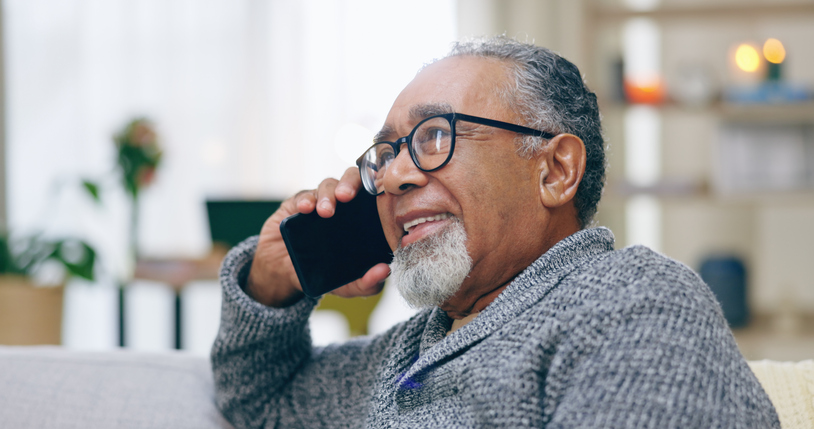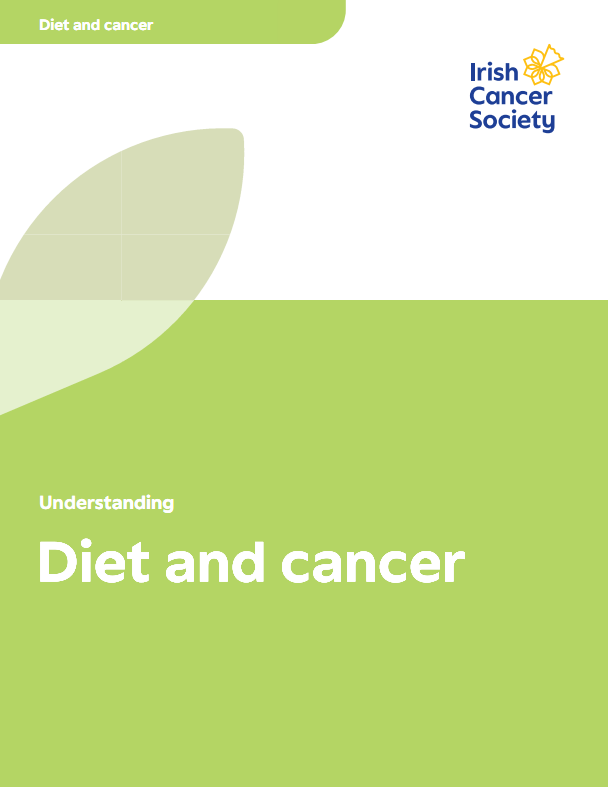Constipation
Constipation is when you find it difficult or painful to poo.
What causes constipation?
- Chemotherapy and other cancer drugs
- Painkillers
- Diet – lack of fibre or not drinking enough fluids. Not eating enough can cause problems too, as there is no food in your bowel to keep it moving
- Being less active – physical activity can help the muscles that push food through your bowel to work better
- A blockage in your bowel or spinal cord compression, although these are rare
What are the symptoms of constipation?
- Finding it painful or hard to pass a bowel motion (poo)
- You may feel bloated or have nausea
What should I do if I have symptoms?
Talk with your doctor or nurse if you feel that you have these symptoms. They will try to figure out what is causing the problem and suggest treatment based on that.
How is it treated?
The best treatment for you will depend on what’s causing the problem.
- Diet. The hospital dietitian can advise you on how to eat more fibre and get enough fluids.
- Exercise. Gentle exercises can help to keep your bowel movements regular, so talk to your doctor or nurse for advice on what exercises you can do.
- Your doctor can prescribe laxative medication if needed.
- Toilet position. Sitting with your feet raised, so that your knees are above your hips, can help with constipation.
Enemas and suppositories (medications that you put into your back passage) are not recommended if you are having chemotherapy.
If drug treatments don't work, your cancer care team may need to look for other more serious possible causes of constipation, such as pressure on the spinal cord and bowel blockage (obstruction).
Tips for constipation
- Keep a record of when you poo.
- Eat foods high in fibre. For example, wholegrain cereals, wholegrain breads, brown rice, wholewheat pasta, pulses (peas, beans and lentils), vegetables and fruit.
- Drink plenty of fluids. For example, 2 litres of water every day.
- Be as active as you can. Take gentle exercise, like walking or yoga, if possible.
- Eat regular meals.
- Drink fig syrup or prune juice.
- Try adding flaxseed to cereal, yoghurt or porridge to add extra fibre.
- Ask your doctor for a suitable laxative, especially if you are taking painkillers or anti-sickness medication that cause constipation.



Talk to a Cancer Nurse
Our Daffodil Centres



